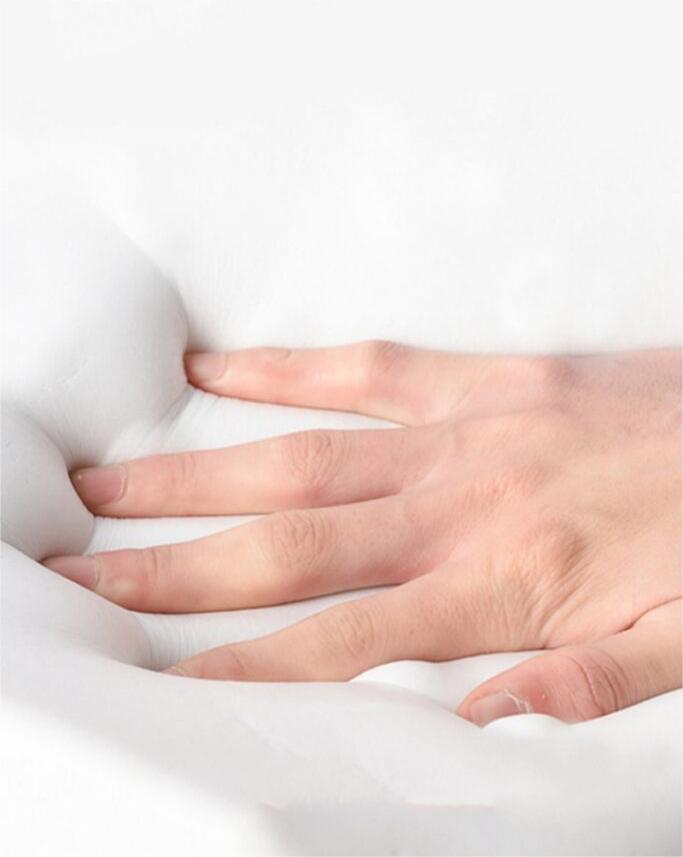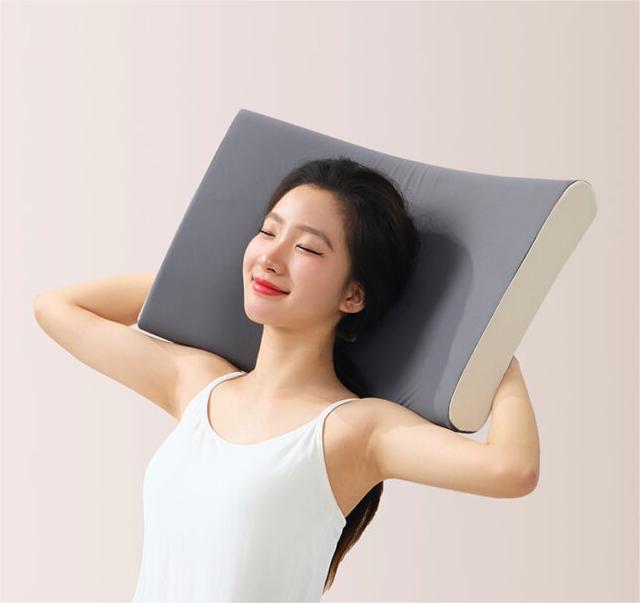In the dynamic world of industrial materials, polyurethane products have emerged as a game-changer for B2B buyers across various sectors. From automotive to construction, healthcare to electronics, the versatility and performance of polyurethane continue to revolutionize product development and manufacturing processes. At aimyComfort, we understand that navigating the complex landscape of industrial materials can be challenging. That’s why we’ve created this comprehensive guide to polyurethane products for B2B buyers. Whether you’re a seasoned procurement manager or new to the world of industrial materials, this guide will equip you with the knowledge to make informed decisions and leverage the full potential of polyurethane in your business operations.

Understanding Polyurethane:The Versatile Wonder Material
Polyurethane is a polymer composed of organic units joined by carbamate (urethane) links. Its unique chemical structure allows for an incredible range of properties, making it one of the most versatile materials in the industrial world.
Key characteristics of polyurethane include:
- Flexibility: Can be engineered to be soft and elastic or hard and rigid
- Durability: Excellent resistance to wear, tear, and environmental factors
- Insulation: Superior thermal and acoustic insulation properties
- Customizability: Can be tailored to meet specific performance requirements
These properties make polyurethane an ideal choice for a wide range of B2B applications, from automotive parts to building insulation, and from medical devices to high-performance coatings.

Types of Polyurethane Products and Their Industrial Applications
The versatility of polyurethane is evident in the wide array of products available to B2B buyers:
Polyurethane Foams:
- Flexible Foams: Used in furniture, bedding, and automotive seating
- Rigid Foams: Employed in construction for insulation and structural panels
Polyurethane Elastomers:
- Applications include industrial wheels, rollers, seals, and gaskets
- Used in automotive suspension bushings and vibration dampeners
Polyurethane Coatings:
- Provide protective and decorative finishes for floors, machinery, and vehicles
- Used in marine and offshore applications for corrosion resistance
Polyurethane Adhesives and Sealants:
- Used in construction, automotive, and aerospace industries
- Provide strong, flexible bonds for a variety of substrates
Polyurethane Fibers:
- Used in textiles for their elasticity and durability
- Applications include sportswear, medical textiles, and industrial fabrics
Understanding the specific applications of each type of polyurethane product can help B2B buyers select the right material for their needs and potentially uncover new opportunities for product innovation.

Benefits of Polyurethane Products for B2B Buyers
Polyurethane products offer several advantages that make them attractive to B2B buyers:
- Cost-Effectiveness: Long lifespan and low maintenance requirements reduce overall costs
- Performance: Superior mechanical properties and resistance to environmental factors
- Customizability: Can be tailored to meet specific performance criteria
- Sustainability: Many polyurethane products are recyclable and can contribute to energy efficiency
- Weight Reduction: Lighter than many traditional materials, leading to fuel savings in transportation applications
- Design Flexibility: Allows for complex shapes and integrated functions, reducing assembly costs
These benefits make polyurethane a strategic choice for businesses looking to optimize their operations, reduce costs, and enhance product performance.
Factors to Consider When Purchasing Polyurethane Products
When selecting polyurethane products for your business, consider the following factors:
- Application Requirements: Determine the specific performance needs of your application
- Environmental Conditions: Consider factors like temperature, humidity, and chemical exposure
- Regulatory Compliance: Ensure that the products meet industry standards and regulations
- Supplier Expertise: Choose suppliers with experience in your industry and application
- Total Cost of Ownership: Consider not just the initial cost, but long-term performance and maintenance
- Sustainability: Evaluate the environmental impact and recyclability of the products
By carefully evaluating these factors, B2B buyers can make informed decisions that align with their business goals and contribute to long-term success.
Innovations and Future Trends in Polyurethane Products
The polyurethane industry is continuously evolving, with new innovations and trends shaping its future:
- Bio-Based Polyurethanes: Development of polyurethanes derived from renewable resources, reducing environmental impact
- Smart Polyurethanes: Integration of sensors and responsive technologies for enhanced functionality
- Nanotechnology: Incorporation of nanoparticles to enhance specific properties like strength or conductivity
- 3D Printing: Use of polyurethane materials in additive manufacturing for complex geometries
- Self-Healing Polyurethanes: Development of materials that can repair minor damage autonomously, extending product life
Staying informed about these trends can help B2B buyers anticipate future needs and opportunities in their industries.

Case Studies: Successful Implementation of Polyurethane Products
To illustrate the real-world benefits of polyurethane products, let’s examine a few case studies:
a. Automotive Industry:
A leading car manufacturer replaced traditional rubber bushings with polyurethane alternatives, resulting in a 20% weight reduction and improved durability, leading to significant fuel savings and reduced maintenance costs.
b. Construction Sector:
A commercial building project utilized polyurethane insulation panels, achieving a 30% improvement in energy efficiency compared to traditional materials, resulting in lower operating costs and improved environmental performance.
c. Medical Device Manufacturing:
A medical equipment company switched to polyurethane-based components in their devices, leading to a 15% reduction in production costs and improved product performance, particularly in terms of durability and biocompatibility.
These case studies demonstrate the tangible benefits that polyurethane products can bring to various industries, highlighting their potential to drive innovation and efficiency.
Conclusion:
Polyurethane products offer a wealth of benefits for B2B buyers, from cost-effectiveness and versatility to sustainability and innovation. By understanding the different types of polyurethane products, their applications, and the factors to consider when making purchasing decisions, businesses can leverage this versatile material to enhance their operations and drive success.
At aimyComfort, we’re committed to providing high-quality polyurethane solutions that meet the diverse needs of our B2B clients. Our team of experts is ready to assist you in finding the perfect polyurethane products for your specific applications. Explore our range of polyurethane solutions today and discover how they can transform your business operations.Take the next step in optimizing your industrial processes with polyurethane products. Contact aimyComfort for a personalized consultation and let us help you unlock the full potential of this remarkable material for your business.
[Internal link: Discover more about our custom polyurethane solutions in our article “Tailored Polyurethane Products: Meeting Unique Industrial Challenges”]
For more information on the latest polyurethane innovations, visit the American Chemistry Council’s Polyurethanes page (https://polyurethane.americanchemistry.com/)

